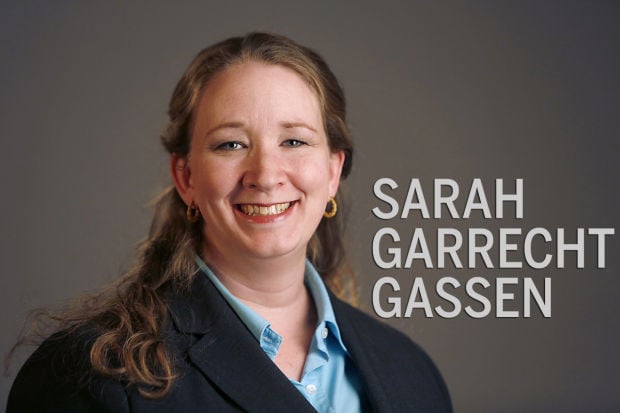Whenever I’ve written about self-identified “conservative Christians,” often in the context of Arizona and national politics, I know to expect a particular response:
Those people aren’t Christians, so you shouldn’t call them Christians. The vast majority of us disagree with these people, and you calling them Christian lumps us together and makes us look bad.
I get the point, but who am I to decide who is a Christian, and who is not? Who speaks for Christians? Westboro Baptist Church? The KKK? The murderers who shoot up medical clinics and say it’s for Jesus? People who have perfect attendance at church? Congregations involved in the Sanctuary Movement? People who run soup kitchens?
And how does this extend to other faiths, or those who don’t follow an organized religion or don’t believe a god exists? Even in religious traditions with easy-to-identify spokesmen — i.e., the Pope — followers find their own way to interpret the same text and instructions.
This conversation about Christianity isn’t new. But the nuance that seems to be accepted when we’re talking about Judeo-Christian traditions isn’t extended to Muslims.
Among too many Americans, particularly elected officials trying to score points, Muslims are branded as a uniform entity — and an enemy. Christians are allowed to distance themselves from criminals who claim they’re acting in God’s name. Muslims aren’t.
Finding an enemy is important when your entire presidential sales pitch rests on the idea that America is weak and beaten, that we’re victims. It’s a simplistic strategy, but Donald Trump is proof that it works.
It’s crept into the common language, this false joining of immigration with terrorism. Even people who know better have slipped into the trap.
I was listening to an NPR discussion show on the way to work not too long ago. The panelists were talking about the Orlando massacre and the conversation turned to Trump, as every conversation inevitably does.
The panelists spoke about the attack on the Pulse nightclub in Orlando. They discussed Trump’s response — the reiteration of his call to ban all Muslims from entering the U.S. The conversation kept revolving around the Orlando attacker and immigration, linking terrorism and immigration through words, if not intent. The speakers would catch themselves and clarify, but not every time. And this lie must be corrected every time.
The Orlando killer, no matter to whom he pledged allegiance, wasn’t an immigrant. He was an American.
Maybe we don’t want to think such a cold-blooded killer could be one of us.
It’s hard to fathom that journey, to accept that familiarity offers no inoculation against the appeal of mass violence, whether the killing was inspired by a political ideology, religious belief, hatred of gay, lesbian, bisexual and transgender people — all of the above, or something else.
There is danger in the world, and at home. Sometimes it comes from within, from people who were born on American soil and raised in American communities.
What does this tell the world about the millions of other Americans? Are we all responsible for the Orlando killers’ acts, because we were born in the same nation or maybe watched the same movies, listened to the same music?
Does this, and the long string of mass murders, tell the world that Americans are naturally violent? That violence is part of our ideology, our political religion, how we all express ourselves? Is killing part of the American ethos, what we’re taught from birth? Are we defined as a group by the terrible acts of the few?
Or are we the people who mourn our loved ones tragically taken, and push for changes to stop this awful pattern of death, even when powerful forces are against us?
Are we the people who offer thoughts and prayers and move on, or are we the people who look at a serious problem and find solutions where we can, knowing more work must be done to make our streets, homes and public spaces safer?
Who says enough is enough?
Who speaks for Americans?
Sarah Garrecht Gassen writes opinion for the Arizona Daily Star. Email her at sgassen@tucson.com and follow her on Facebook.





